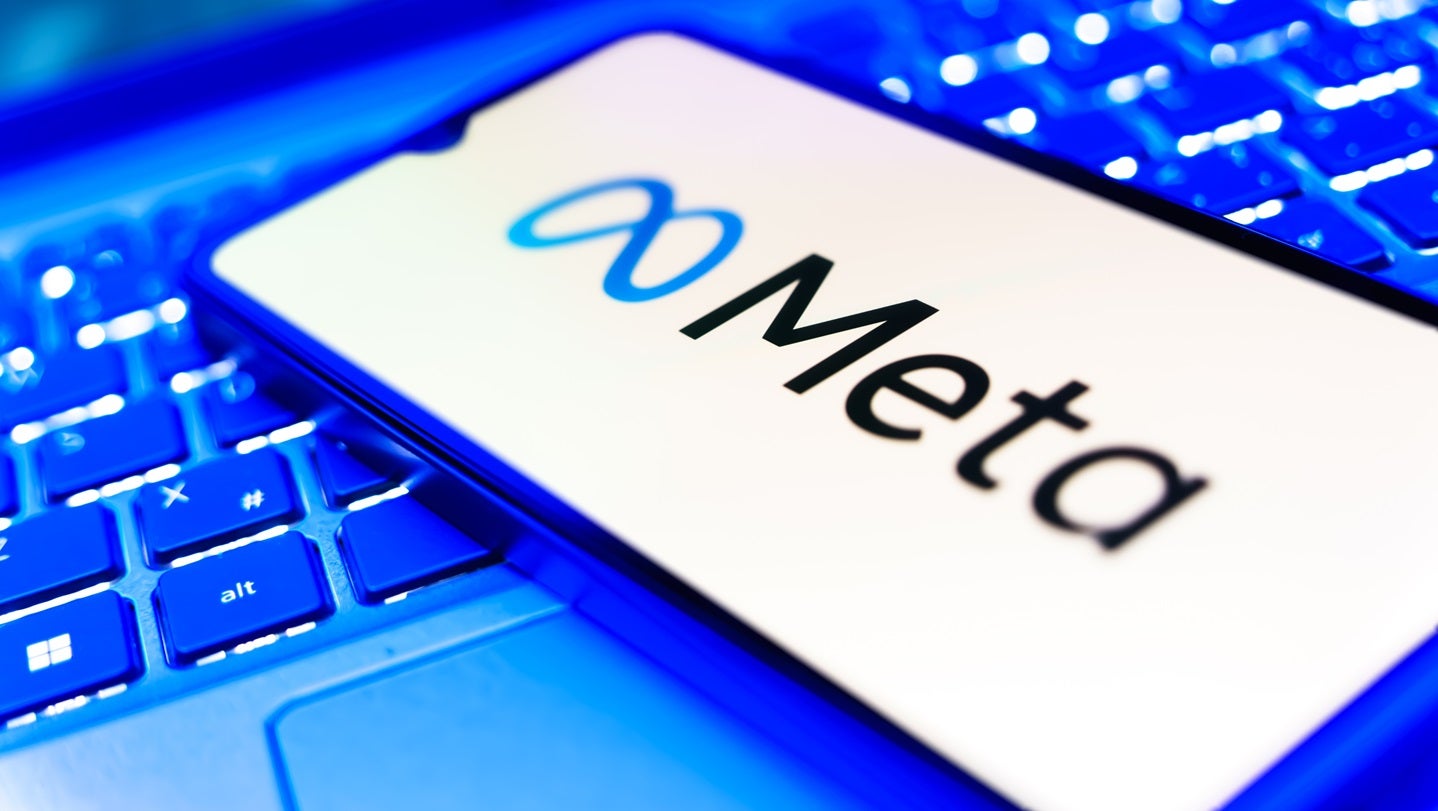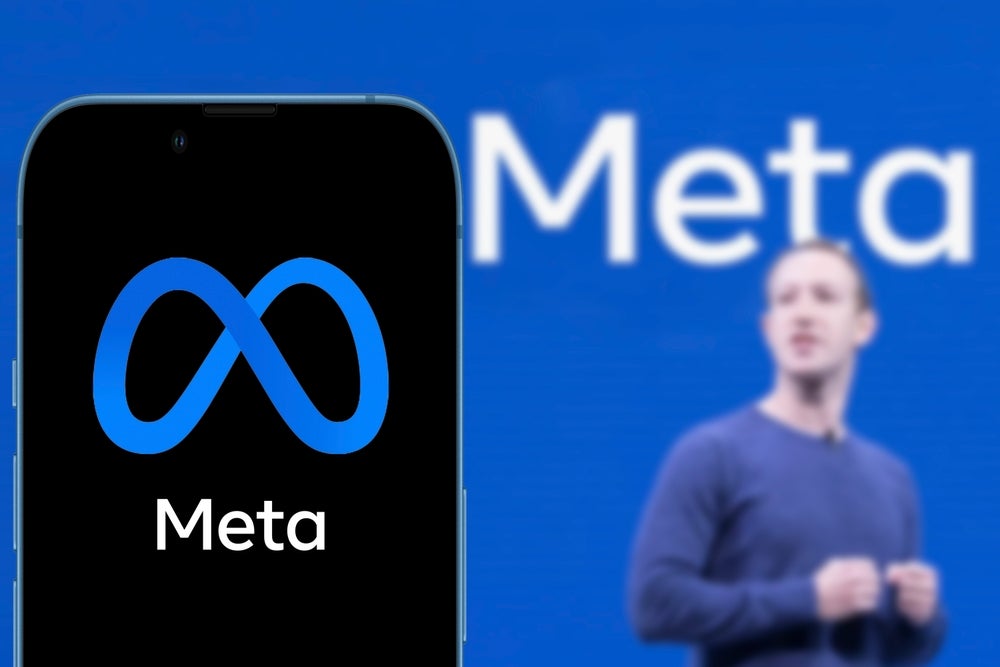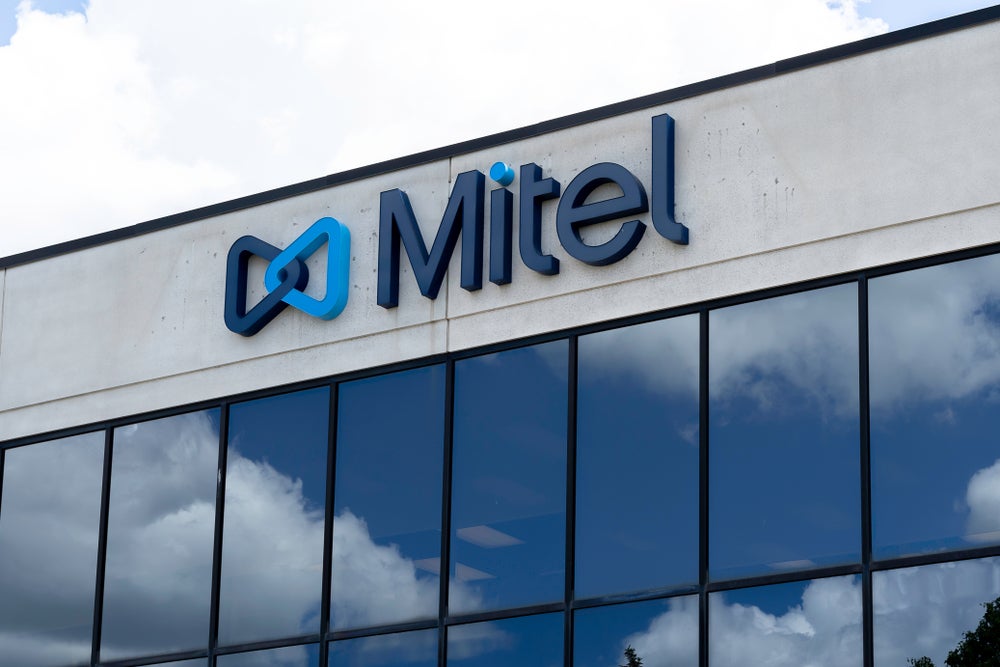
Meta founder and CEO Mark Zuckerberg posted a video yesterday (7 January) explaining why the Facebook, Instagram and WhatsApp parent company plans to loosen its content moderation and abandon fact-checking.
President Trump’s November election victory coincided with Meta’s head of global affairs for the last three years, Nick Clegg, being replaced by Trump friendly Republican lobbyist Joel Kaplan. Kaplan spearheaded Meta’s new free speech agenda with a blog, alongside Zuckerberg’s video message, announcing that the company’s third-party fact-checking program will be scrapped and replaced by the community notes model favoured by X.com.

Access deeper industry intelligence
Experience unmatched clarity with a single platform that combines unique data, AI, and human expertise.
Meta says it “will allow more speech by lifting restrictions on some topics that are part of mainstream discourse and focusing our enforcement on illegal and high-severity violations.” The company is taking what it calls a “more personalised approach to political content, so that people who want to see more of it in their feeds can.”
Many fear the move is likely to create increasingly siloed political discourse and exacerbate misinformation. GlobalData strategic intelligence’s principal analyst and social media expert, Laura Petrone, said the move marks a new era for Meta and social media, in general, as Meta’s announcement appears to equate content moderation on social media with censorship.
The free speech absolutism touted by some Trump allies and newly minted administration officials, principally Elon Musk, has sought to delegitimise content moderation on all social media platforms, contending that the antidote to misinformation is simply more information and less guardrails.
But Petrone does not believe that’s Meta’s ideological shift will, in fact, deligitimise content moderation. “If Meta becomes more like X, the liberal and progressive community will likely look for alternative social media platforms. There might be an opportunity for new platforms to emerge and existing ones like BlueSky to gain more users,” she said.

US Tariffs are shifting - will you react or anticipate?
Don’t let policy changes catch you off guard. Stay proactive with real-time data and expert analysis.
By GlobalDataMeta’s alignment with the incoming US political regime may have profound consequences both for its own business and those that use its platforms for growth marketing, sales, advertising and brand awareness.
“If Meta’s platforms become more toxic and prone to misinformation, brands may be wary of using them to advertise their businesses and may start to use other online advertising platforms, like Google Ads and TikTok,” said Petrone who noted that there may be seismic shifts afoot in both the social media and advertising spaces.
Many business leaders, like Russ Shaw CBE, founder of the UK’s Global Tech Advocates and Tech London Advocates believes that social media companies have a duty of care regarding content moderation. “Social media platforms have a duty to provide safe and secure spaces for discussion and interaction. By stepping back from fact-checking, Meta jeopardises its credibility to its users, and invites increased regulatory scrutiny in the future,” said Shaw.
But conversely pressure on social media platforms for a more hands off approach to content moderation has been growing in tandem. On 28 May, 2020, then President Trump issued an executive order to combat online censorship by empowering federal regulators to oversee social media platform content. The issue had become personal to Trump as Twitter (now X.com) repeatedly flagged and blocked his posts, at one point ejecting him from the platform.
The executive order argued that if social media companies restrict certain posts on their platforms, then companies should not have legal immunity anymore, and third parties could bring lawsuits against any company that runs a website and allows for posted comments. It seems that President Trump has finally succeeded in influencing social media companies, at least Twitter/X.com and Meta, to change the way they police content on their sites.
Meta’s turnaround on content moderation comes at a critical moment in which AI integration promises to increase revenues with greater personalisation for more targeted advertising. GlobalData strategic intelligence’s 2025 predictions report predicts that while generative AI tools may produce toxic content, given that they are trained on data with implicit social biases, advancements in AI will help tackle those same content moderation challenges.
Meanwhile, individual creators, social networking companies, brands, and nation-states must collaborate on legislation and regulation to combat a digital future littered with deepfakes, according to the report, which notes that political disinformation spread by social media platforms, in particular, will be heavily scrutinised in 2025.







